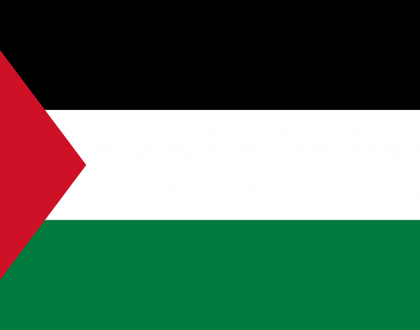Why do we need good deeds if entry to Jannah is by Allah’s mercy?

One of the ayahs in Surat Az-Zumar is:
‘Every soul will be rewarded according to their actions.’ [39:70]
Nothing is wasted, everything is written and recorded.
The surah also says:
‘The best reward is for those who work hard.’ [39:74]
Notice however, that in the hadith, the Prophet (peace be on him) said:
…None of you will enter Jannah by your own actions.”
The companions asked, “Not even you, O Rasulullah?”
He replied, “Not even me unless Allah includes me in His forgiveness and mercy.”’ [Bukhari and Muslim]
Why do good deeds?
In the light of the hadith, one might wonder, what’s the point? Why do we do good deeds if our actions are not going to make a difference?
Well, this is the trick: it doesn’t matter how many actions you have. It’s not the quantity, it’s the quality.
In another hadith, the Prophet Muhammad (peace be on him) said:
‘People of my ummah will come on the Day of Judgement with piles of good deeds like the mountains of Tihaamah, but Allah will make them like scattered dust.’
Why will their deeds be scattered? Simply, because they haven’t been accepted. The key is acceptance, not how many deeds you do.
Of course, we are asked to do good deeds. However, it’s the quality of these deeds that counts. Even if these deeds were accepted, does that alone make you deserving of Jannah? Of course not. Allah Almighty will admit people to Jannah by His mercy. It is your level in Jannah that is determined by your deeds, but they do not in themselves guarantee you entry.
Good deeds are multiplied
We all know the ayahs from Surat az-Zalzalah:
‘So whoever does an atom’s weight of good will see it. And whoever does an atom’s weight of evil will see it.’ [99:7-8]
Yet is worth noting that good deeds are stacked in our favour. Allah Almighty, out of His mercy, will multiply the good deed by minimum ten, maybe up to 700, 7000, or whatever He wants, whereas a bad deed is only recorded as one.
Actions are by intention
How come four out of the five pillars of Islam are related to actions? Shahada is a reflection of what’s in your heart, but the others are all actions. The key is that the action has to be in line with intention.
You might come to tarawih because you want to please your mum, or your husband/wife. Would this be an accepted action? You need to correct your intention. You should be praying because it brings you closer to Allah. Or you might be paying your zakat just to show off that you’re looking after these poor people. This zakat will not be accepted.
These days, social media ruins every good intention. Unless you have a good CCTV monitoring system on your intention, it will be ruined. It’s a slippery slope. Be very careful.
This is why Allah Almighty mentioned in Surat al-Baqarah that Ibrahim (peace be on him) asked for the acceptance of his deeds:
‘Remember when Ibrahim raised the foundation of the House with Isma’eel, they prayed: “Our Lord! Accept this from us.”_’ [2:127]
They didn’t feel proud and self-satisfied for having established the first house of Allah. They were concerned about the acceptance (qubool) of their deed, as this is the most important thing.
Ingredients for acceptance
Acceptance requires:
1) The action has to be in line with Shariah – not bidah, etc.
2) It has to be purely for Allah’s sake.
These two things will guarantee acceptance inshallah. Otherwise, it’s a waste. So be careful. We ask Allah to make our deeds in line with the shariah and for his sake. Ameen
Shaykh Haytham Tamim – Ramadan Night 6
Transcribed by Hana Khan
Related posts
How to turn an ordinary fast, into a super fast
What is the connection between closeness to Allah, excellence and fasting?
- The truth is more powerful than lies
- Does a bride’s wali have to be Muslim?
- Is is permissible to lead a salah split over different rooms?
- Global IT outage. When systems go down…
- The concept of worship. What are ibadah and ihsan – and how do they lead to self development?

Recommended Posts

Lessons in victory from Surat Al Ahzab
May 12, 2021

Defend Palestine. Lessons from Surat Al Ahzab
May 11, 2021

